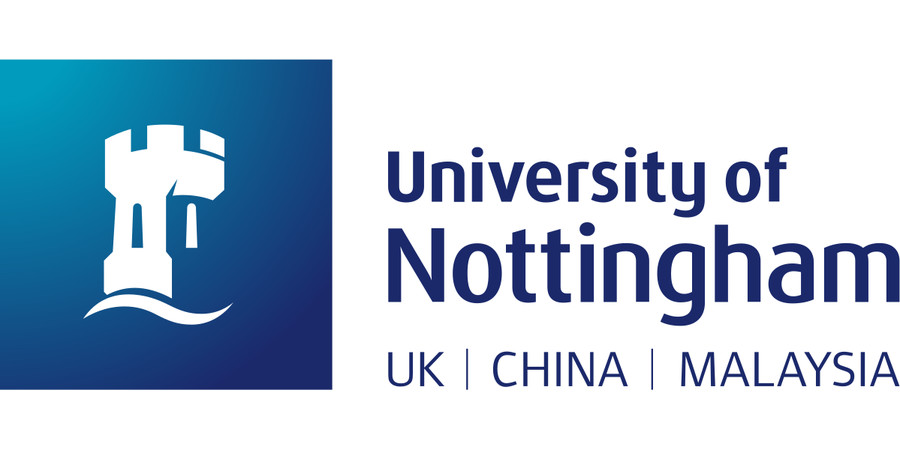PhD Studentship: Improving Reliability of Medical Processes Using System Modelling and Artificial Intelligence Techniques
University of Nottingham - Health Sciences Research & Teaching
| Qualification Type: | PhD |
|---|---|
| Location: | Nottingham |
| Funding for: | UK Students |
| Funding amount: | Funding available |
| Hours: | Full Time |
| Placed On: | 21st February 2025 |
|---|---|
| Closes: | 22nd May 2025 |
| Reference: | MEDINTERN |
Location: UK Other
Supervised by: Rasa Remenyte-Prescott (Faculty of Engineering, Resilience Engineering Research Group)
Aim: Develop a mathematical model for analysing reliability and efficiency of medical processes
Background
Adverse events and preventable failures in healthcare services represent a key area of patient safety that can be improved with the use of computer vision approaches to system analysis. For many clinical procedures there can be multiple deviations in service delivery, which influences process reliability, efficiency of usage of hospital resources and risk to staff and patient safety. Hence, having a model that integrates these various aspects of procedure is essential to result in a more accurate analysis of optimizing the service performance. Computer vision approaches such as ones for object identification and action recognition can help to automatically identify deviations in both technical and potentially non-technical skills of medical staff, such as poor team dynamics, problems with communication and a lack of leadership. This automated obtained data can then be fed into the models that are used to evaluate a range of deviations from guidelines including their interactions and effects on procedure outcomes and used to support operational and strategic decisions. This approach is expected to provide a more convenient and efficient way of healthcare service performance data acquisition and analysis in the future. However, undoubtedly, the usage of such approaches can only become successful if patients are placed in the heart of technology usage, which is designed with patients’ perspective in mind.
Proposed project
This project would investigate commonly observed deviations in healthcare service and opportunities for identification of such deviations using computer vision approaches. It will demonstrate how deviation data can be used in computer-based simulation models, which are used to evaluate effects of deviations and to support decisions. It will focus on investigating how deviation data can be used in real time decision-making process, how accepting patients and staff are for such technologies and what integral role they should play in evaluating and ensuring an uptake of such technologies. The proposed method will be potentially applied to processes carried out in an operating theatre.
Benefits of joining this project:
This project will give an opportunity for the student to explore the area of healthcare process modelling with a holistic perspective considering various elements in the process. The integration of computer vision techniques in this project will also enhance the value of this work. The students will not only gain an experience and insight on healthcare service characteristics but also a skill in one of the most attractive areas of technology nowadays.
Summary: Open to UK students only. Look for funding sources at https://www.nottingham.ac.uk/pgstudy/funding/postgraduate-funding.aspx
Entry Requirements: Starting October 2025, we require an enthusiastic graduate with a 1st class degree in engineering, maths or a relevant discipline, preferably at Masters level (in exceptional circumstances a 2:1 degree can be considered).
For any enquiries about the project and the funding please email Rasa Remenyte-Prescott (r.remenyte-prescott@nottingham.ac.uk)
The University actively supports equality, diversity and inclusion and encourages applications from all sections of society.
This studentship is open until filled. Early application is strongly encouraged.
Advert information
Type / Role:
Subject Area(s):
Location(s):









